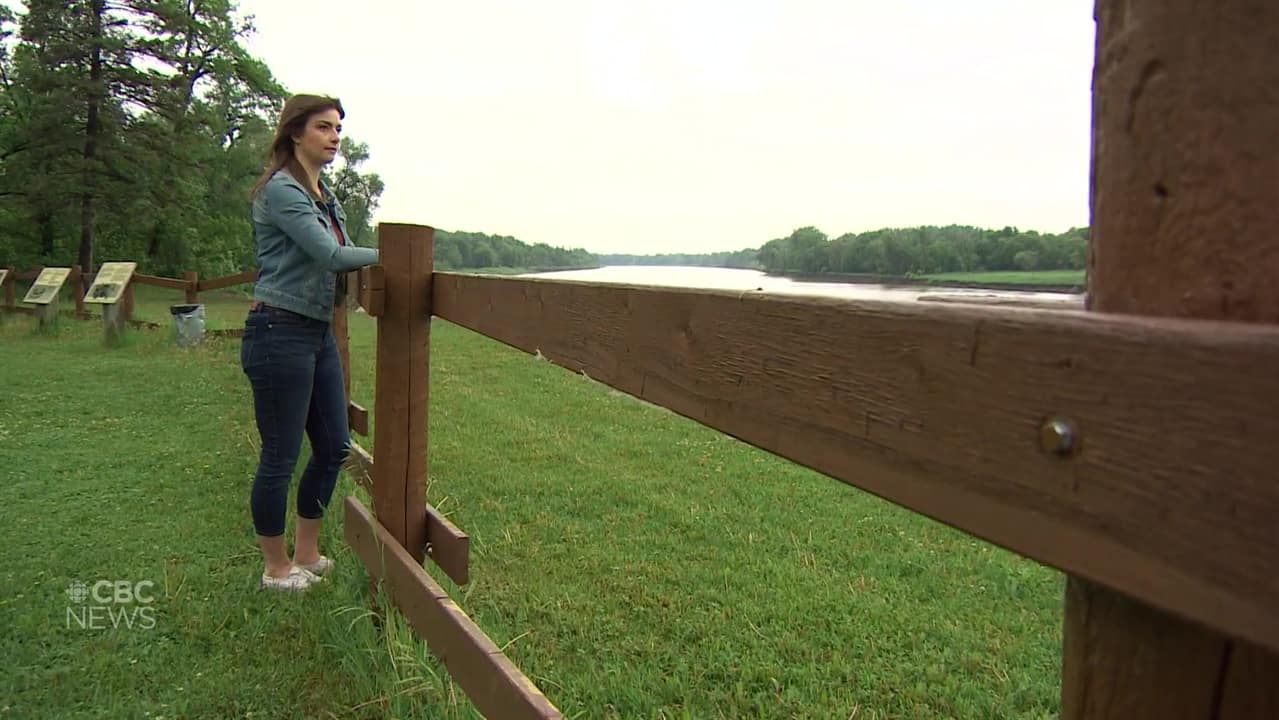Exercise shown to help those with fatigue, shortness of breath walk farther and faster.

People struggling with long COVID tend to be able to walk longer and farther when they do individualized exercises, a new review suggests.
When symptoms such as fatigue, headache and shortness of breath last for at least two months, with no other explanation, they meet part of the definition of what the World Health Organization now calls post COVID-19 condition.
Part of the challenge is that symptoms can fluctuate unpredictably. Previous research suggests that the wide range of symptoms and their severity, as well as different time frames, make it harder to study long COVID in a systematic way to guide treatment.
This new research helps fill in that picture on how exercise helps people walk further and faster, given that those with long COVID commonly say they have a hard time handling long or strenuous walks, which in turn hampers their quality of life.
To that end, researchers pooled findings from 14 randomized clinical trials — the gold standard to evaluate medical studies and reduce bias. That way, doctors will have more information when choosing treatments like exercise for adults with long COVID.
“We found evidence suggesting that rehabilitation programs can be beneficial in improving walking capacity and quality of life,” said Pavlos Bobos,the study’s lead author and an assistant professor in the school of physical therapy at Western University in London, Ont.
The meta-analysis and systematic review was published in this week’s issue of JAMA Network Open.
Respiratory strengthening part of treatment
Dr. Mark Bayley, medical director at the Toronto Rehabilitation Institute, heads the University Health Network’s program to help patients with long COVID-19 recover from fatigue.
Exercise is a primary treatment or rehabilitation for patients with long COVID, Bayley said. The treatment includes respiratory strengthening to retrain the muscles in the chest to facilitate taking a deeper breath.
People with long COVID may have adopted a breathing pattern that doesn’t work as well as normal, and that’s where breathing exercises come in.

Winnipeg woman describes experience with long COVID
3 months ago
Katie Kitchen first tested positive for COVID-19 in December 2020. More than two years later, she still lives with symptoms of long COVID.
“Some of it is really allowing the person to recognize that, yes, they’re short of breath, but yes, they can maintain their comfort level despite the fact that maybe they’re exerting themselves,” Bayley said.
People then feel less nervous and short of breath, which allows them to participate in more vigorous activity such as jogging or walking longer.
In rehabilitation medicine, aerobic and strength training is also offered.
- Get the news you need without restrictions. Download ourfree CBC News App.
Bobos cautioned there’s still some uncertainty about the potential for problems like post-exertional malaise. That happens when the person exercises, and then later that day or the following day, they feel unwell and symptoms rebound. The issue can also occur with myalgic encephalomyelitis, formerly chronic fatigue syndrome.
“We’ve been very concerned that exercise might not be indicated or overall help them,” Bayley said. “However, this study pools a large number of people, and it really is exciting to see that it’s a positive result.”
Long COVID isn’t over
Bayley said while the number of Canadians with post-COVID-19 condition is levelling off after vaccinations and immunity from infection, some are developing the long-term condition for the first time.
People with other medical conditions such as cancer or those who’ve had a transplant continue to be vulnerable to both COVID-19 and long COVID, he said.

Researchers across Canada are looking at all angles of the problem, such as why long COVID occurs, what’s going on with the immune system, and how to recognize and treat people who get it.
They aim to help those who continue to suffer effects from long COVID months or years after the infection.
Bayley said he’s interested in what improves other aspects of long COVID, such as whether changes in diet lessen bowel symptoms. What improves concentration and memory issues, also known as “brain fog,” is another area where patients and their physicians are looking for progress.
Bobos, first author and Western PhD student Dimitra Pouliopoulou and their team focused on studies using one measure, called a six-minute walk test at one point in time.

Since both hospitalized and non-hospitalized patients were included, it isn’t clear who benefits most from respiratory exercise — or whether it will work as well if patients do the workouts themselves at home without a clinician checking in on their progress.
Elsewhere, research on educating people with chronic obstructive pulmonary disease or COPD, sometimes called emphysema, without having a clinician guide them tends to be less effective, partly because people may not use the equipment correctly or stick with the exercises, the reviewers said.
ABOUT THE AUTHOR

Journalist
Amina Zafar covers medical sciences and health topics, including infectious diseases, for CBC News. She holds an undergraduate degree in environmental science and a master’s in journalism.
*****
Credit belongs to : www.cbc.ca
 Atin Ito First Filipino Community Newspaper in Ontario
Atin Ito First Filipino Community Newspaper in Ontario






